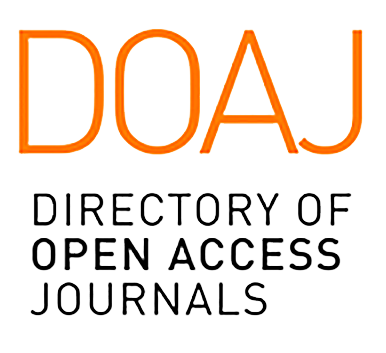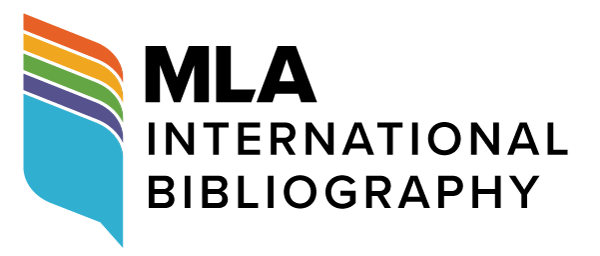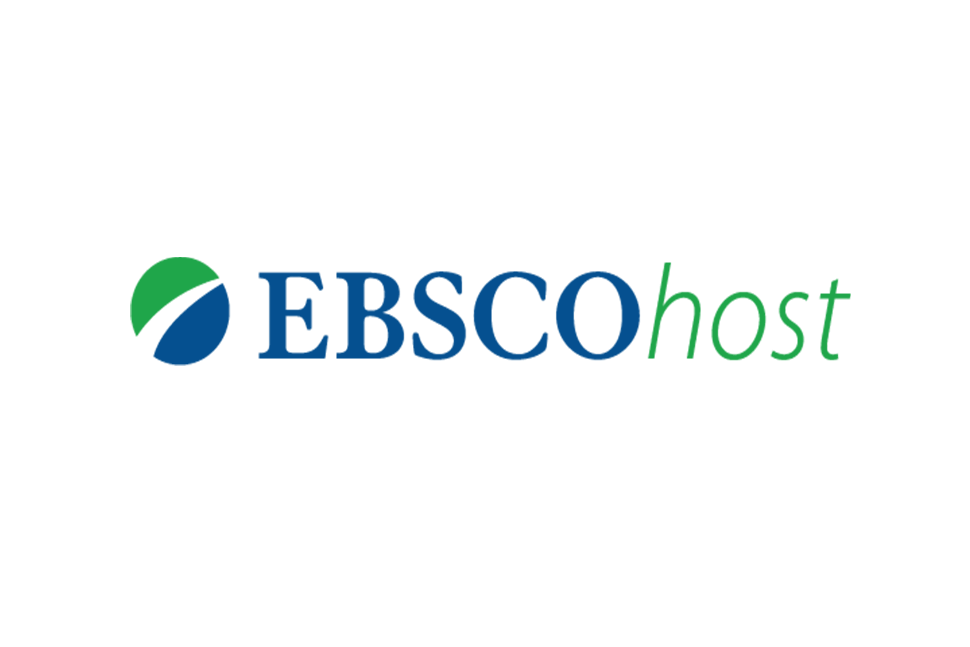

2708-9517






MLA Directory of Periodicals
REAO: East Asian Studies Journals
EBSCO Education
DOAJ
ProQuest
Google Scholar
Semantic Scholar
ROAD
BASE
Helka Helsinki Library
Baidu Scholar
Ex Libris
Jouroscope
US Department of Commerce Research Library

Editorial
Daoxiong Guan
University of California, Santa Barbara, USA
Ying Peng
University of Leeds, UK
Clare Wright
University of Leeds, UK
During the past two decades, Chinese for Specific Purposes (CSP) has emerged as a new trend and quickly become a sub-field of International Chinese Education, while drawing increasing attention among Chinese learners as well as teaching professionals. A main reason for the increasing relevance of CSP is that many, if not all, Chinese learners, have more-or-less specific and sometimes immediate language needs that require more than generalized knowledge alone. The courses of CSP are designed to meet specified needs of the learner. Once a specific purpose has been identified, a well-designed CSP course aims to be built around three main components: (a) the acquisition of the Chinese language skills for the specific communication use; (b) exposing learners to Chinese cultures with focus on the specific area; and (c) fostering an appreciation of different ways of thinking when dealing with the specific subject. By striving for these outcomes, CSP courses can provide an invaluable alternative or supplement to general Chinese language courses.
This special issue of IJCLT focuses on research into different pedagogic approaches towards Chinese for Specific Purposes (CSP). There are a total of seven papers selected as the best submissions across a wide range of work.